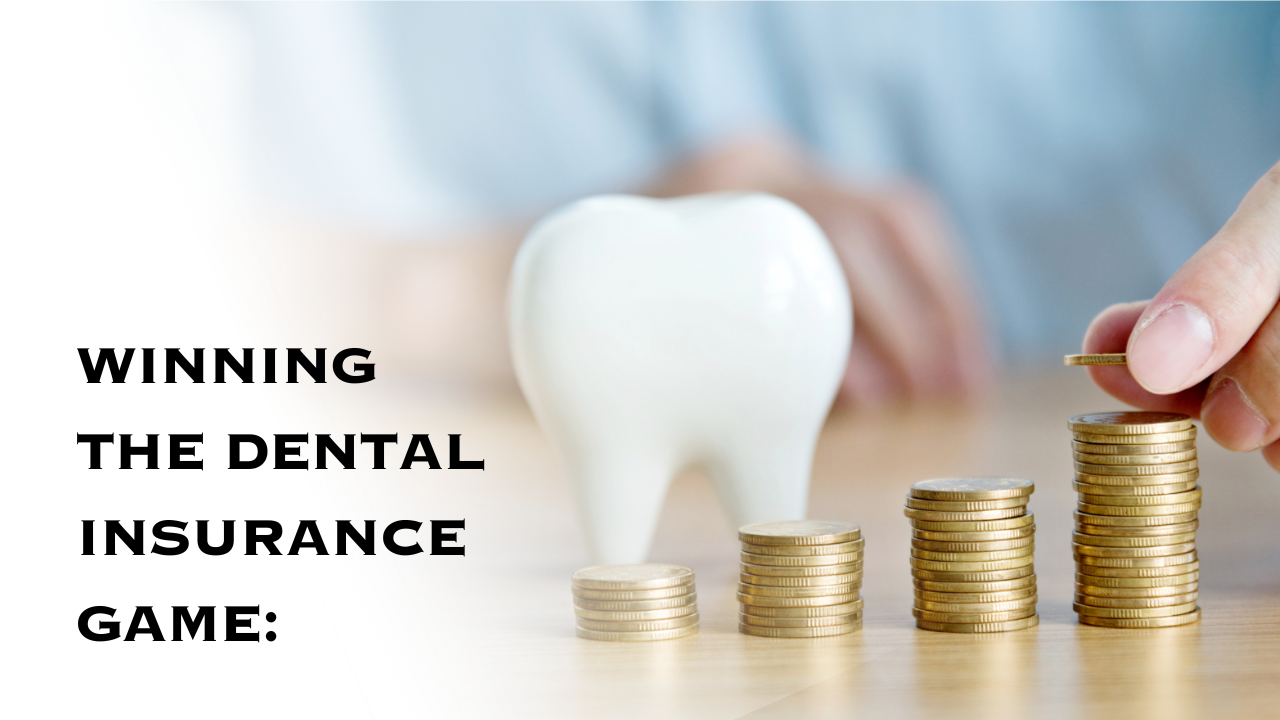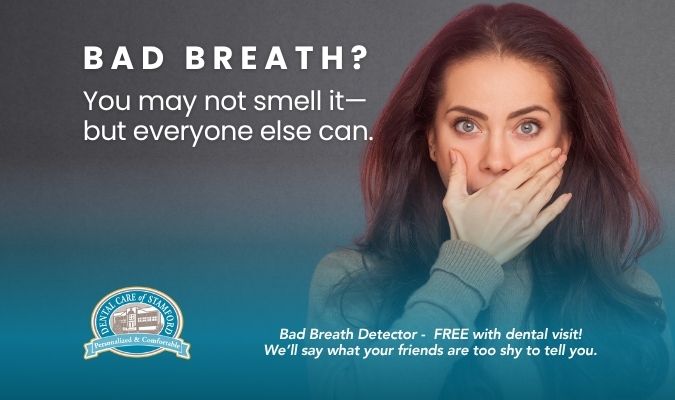


We all have insurance of one sort or another; for your car, for your house or apartment, for your stuff and even to protect your health. Dental Insurance, on the other hand, is DIFFERENT. It is really NOT insurance at all.
We all know that bad stuff might happen like a car accident or a fire that we know people want to avoid. It would be a financial hardship for any of us, so insurance means we all contribute a little money in case of an emergency which the insurance group can help us pay for.
The money we pay for insurance depends on two things: how much it would cost if something goes wrong, and how likely it is that something will actually happen.
The insurance company has to have employees and expenses and has to make a profit so they have a reserve to pay claims in the future so they have to know what their risk is and calculate the appropriate premium.
In order to take in more than they pay out they have to evaluate the risk of loss. On one hand we might have a mature female driver who has a spotless driving record with no accidents and an older economical car that would not cost that much to replace. The insurance company can see that the risk of loss can be estimated to be fairly low, so this driver can fairly pay a smaller premium than average. Sounds fair.
On the other hand, another driver might be a young male who has had several accidents, a DUI charge and has an expensive sports car. The insurance company would know this is a much higher risk so they would fairly charge them a lot more. We understand that.
In fact, dental insurance isn’t really insurance at all. It is a tax-free benefit plan designed to help patients cover their dental expenses. Here’s how it works: Insurance companies often offer dental coverage to a big group, like a company does for all its employees. They do not examine everyone’s teeth in advance, they don’t know about their dental routines or if they go for regular checkups or not. In fact, unlike other insurance companies where people want to avoid claims, dental insurance companies are fully aware that when they enroll clients for dental coverage, those clients are likely to make the most of their insurance by scheduling more frequent dental appointments. That will result in more claims.
How can the insurance company prevent excess claims? Remember that they have a limited amount of money and have to be cautious with their resources to ensure everyone can access some benefits.
Dental Insurance companies have to enforce limits and have lots of exceptions. There are several different dental insurance programs with different coverages. More comprehensive plans might be pricier, while your employer may have opted for a more budget-friendly option. The old saying says, “The large print giveth and the small print taketh away.”
Think of it this way: Imagine the “large print” in your dental insurance plan promises to cover things like gum treatments, root canals, and even crowns. But then, when you look at the “small print,” you find out they’ll only pay up to $1000 each year, no matter what kind of treatment you require or how often you need it. Plus, they usually won’t cover anything elective like cosmetic or teeth whitening. It’s like having a spending limit on your dental coverage.
In other words, if you had a car accident, your car insurance provider would not say “we’ll be replacing the bumper today, and we’ll have to wait until next year to replace the door.” With Dental insurance, that is exactly how it works.
So you might wonder, is dental insurance bad? No, not at all, not as long as you understand what it does and does not do. And we’re here to let you in on a little secret.
(It can even save you money at the dentist!):
DO: Take advantage of the insurance and go for checkups and cleanings. Most cover 2 x a year so you know what the state of your dental health is and catch problems while they are still small.
DO: Make sure the dentist does a thorough exam and tells you what needs to be done to keep your mouth healthy and decay free.
DON’T let problems get worse. A small cavity is easier and cheaper to fix than letting it progress to need a crown or root canal
DO: Understand that insurance will not cover everything you might need to plan accordingly.
This can get tricky. If you have 4 cavities and your annual insurance maximum will only cover enough for 3 cavities what do you do?
Scenario 1: If you have an annual plan that renews in January every year, and your checkup is in December, then fix the 3 now and next month in January, when the plan resets, do the last one. It’s like you doubled your insurance!DON’T let your benefits go to waste. Benefits DO NOT roll over to the next year.
Here’s a true story: A patient near retirement hadn’t seen a dentist in over a decade. He thought it was smart to use his dental insurance before retiring, assuming he had accrued unused benefits. However, like most people, he didn’t realize dental insurance is “use it or lose it.” With a $1500 annual allowance, he needed over $12,000 in treatment but could only access one year’s benefits since it all expires at the end of the year. As people celebrate New Year’s Eve, insurance companies also celebrate, profiting from those missing regular checkups.
If you understand the game, you can win the game and save you time and money money at the dentist.
Dental Insurance is a benefit plan that mostly comes from where you work and not really insurance at all.
Make sure your dentist gives you the tips to prevent larger dental problems such as cavities and gum disease. Be sure to follow their advice. This will save you money!
Over 70 % of our regular patients rarely need extensive dental repairs versus over 80 % of our new patients who often need a lot of treatment because they did not keep up their checkups. Hence, going more frequently will reduce your costs and make your smile healthier!
Don’t let your dental insurance benefits go to waste! It is a “use it or lose it” game, so take advantage of it every year.
Unfortunately Dental Insurance doesn’t cover everything, but it is a whole lot better than nothing.
Maintain regular dental checkups and address any necessary treatments promptly to avoid requiring extensive procedures that may surpass your insurance coverage.
If you don’t have dental insurance, don’t postpone treatment because a little cavity that is affordable and you can pay yourself will grow to needing much more extensive and expensive treatment that the insurance won’t fully cover!
Inquire about our cost-effective alternative to traditional dental insurance, which many of our patients have found to be superior.
Want to learn more about how you can maximize your dental insurance? Call us, we are here for you 7 days a week!



 Kaila Baker
Kaila Baker
 July 3rd, 2025
July 3rd, 2025
Why You Might Not Know You Have Bad Breath (And What to Do About It) Questions? Call us today (203)…

 Dr Jerry Simon
Dr Jerry Simon
 May 19th, 2025
May 19th, 2025
5 Dental Facts Every Adult in Stamford Should Know Questions? Call us today (203) 324-6171 1. Cavities Don’t Always Hurt—Until…

 Dr Jerry Simon
Dr Jerry Simon
 May 19th, 2025
May 19th, 2025
Are you tired of dealing with frequent headaches that seem to interrupt your life? Have you sought help from various…
